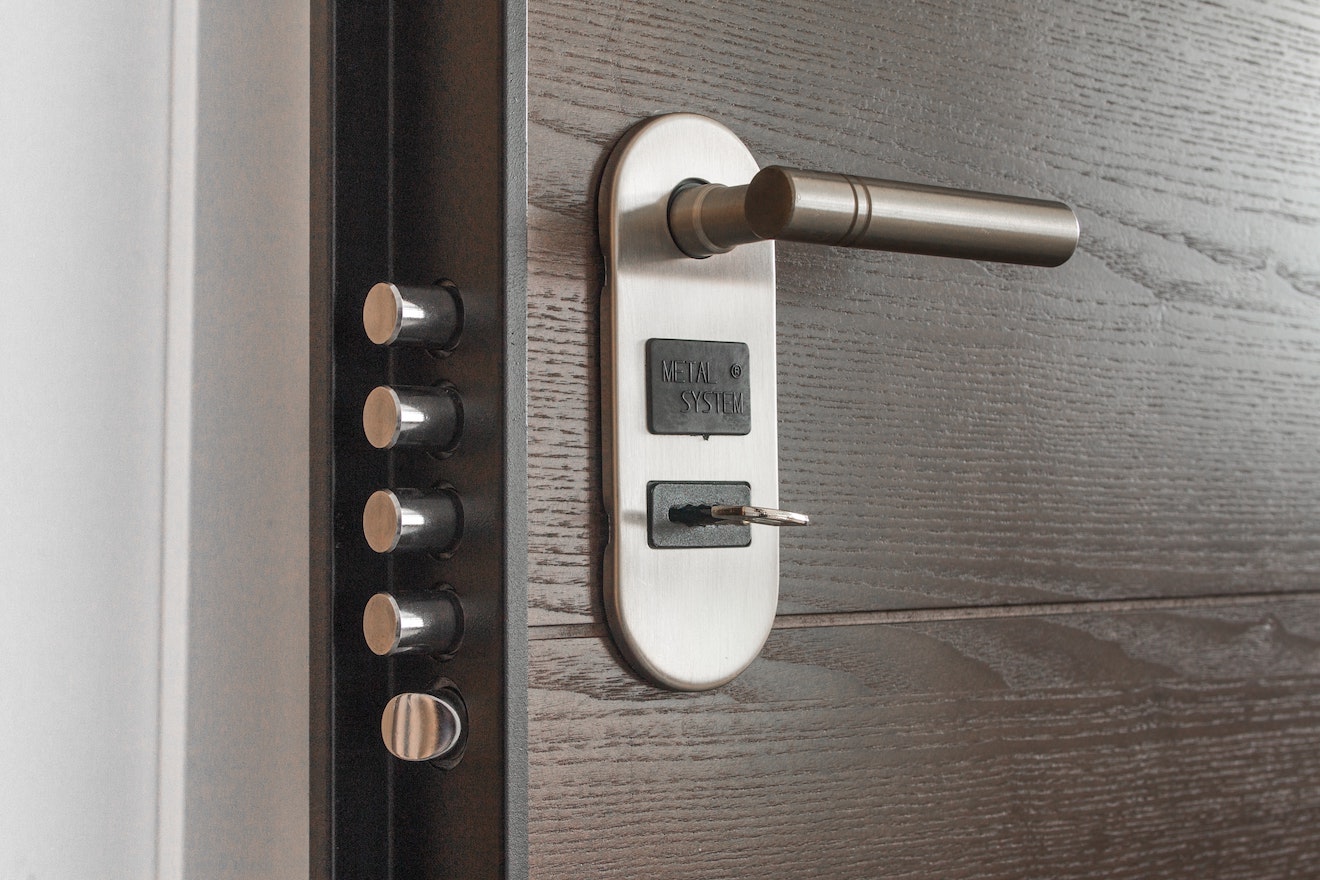
As the dream of owning a house recedes for many people living in our biggest cities, first-home buyers could be forgiven for feeling dispirited. And it doesn’t help when friends post selfies beside a “sold” sign on a property they have just bought.
But patience and perseverance will pay off, although you may need to change your expectations to get that first step on the property ladder.
Recent figures show a growing number of first-time buyers are purchasing properties. First-home buyers made up 21 per cent of the New Zealand market, excluding Auckland, at the end of last year, a figure that has steadily grown from 17 per cent at the start of 2014.
- SAVE, SAVE, SAVE
Serious saving means no trips abroad, fewer meals out, no superstar concerts and no expensive clothes or toys.
No-one says you can’t have fun, but leave the credit card behind. Any credit card debt will be sending you backwards, so get rid of this first, or consolidate the debt at a cheaper interest rate. When you do go to a bank for a mortgage, they will expect to see a good credit rating.
- Research Kiwisaver Funding Options
Most buyers will need a deposit that is 20 percent of the property’s value, but it does depend on your individual situation. It helps if you are in KiwiSaver and can access government grants, but you must have had an account for a minimum of three years. Visit www.kiwisaver.govt.nz
You could be eligible for a KiwiSaver HomeStart grant of up to $5000 to purchase an existing home, or up to $10,000 when building or purchasing a new home.
If there are two of you and you are both eligible, your HomeStart grant could be as much as $20,000. This can be added to any savings in KiwiSaver, which may be able to be withdrawn to help fund a deposit.
- Try to Get Mortgage Pre-Approval
Providing you meet the criteria, your bank should be able to give you pre-approval for a set amount of mortgage funding. This is essential so that you know what your upper limit is when you go looking for a new home.
It pays to shop around to get the best interest rate. Consider using a mortgage advisor – remember their fee is paid by the bank that provides your mortgage, so their help won’t add to your costs.
And it’s important to leave some leeway in your financial planning to cope with interest-rate rises that are bound to happen in the future. It’s also worth considering the costs of home insurance. More info here.
- Write A Must-Have List
A must-have list is quite different to a “want” list. You may need to be near a bus route, certain schools or your workplace. Factor this into your planning. Transport costs need to be part of the equation.
Think about the number of bedrooms you must have, which may be different to the number you would like. It all comes down to affordability.
- Be Prepared to Compromise
In all likelihood, your home won’t be the same as your Mum and Dad’s. But remember, you have to start somewhere. And that probably means starting small. A little lateral thinking won’t go amiss either. An apartment might be your best option to begin with, or a house on the outskirts of the city.
Having a flatmate is another compromise that might just help you into a home you could not afford otherwise.
- Look for Opportunities To Improve
There is always money to be made in good home improvements. You may find a house where the bathroom or kitchen needs replacing, which may result in you getting the property at a sharp price.
Depending on how urgent the renovations are, you may be able to live with an old kitchen or bathroom while you gather your resources together. Or you may be especially good at DIY and be prepared to put in some hard work to gain equity.
- Assemble Your Team
Talk to the agents you meet at open homes and get your name on their databases so they can send you weekly updates and tell you about properties that meet your criteria.
Teaming up with a real estate agent is especially important if you are struggling. They will have a far better handle on what sort of properties you should be looking at. And they can support you through the process.
You will also need a lawyer to look over any contracts, and a builder who can do an inspection, which brings us to the next tip.
- Do Your Due Diligence
It’s essential to have a lawyer review the LIM report and property title. They can alert you to anything that may cause concern, including renovations or additions that may have been undertaken without building consents.
A property inspection is another “must”.
If you are serious about a property, always obtain a builder’s report. If the property falls within the leaky home period, remember that a report provided to you by the vendor is written for the vendor and should not be relied on when making decisions on ‘at risk’ properties.
At the same time, remember an older home is just that – older. It won’t be perfect; there will be things you can live with, and those you can’t. But a builder’s report will tell you if it’s structurally sound, and whether or not you will have to replace rotten boards, windows or roofing in the near future.
- Get Auction Wise
The current popularity of auction selling is especially tough on first home buyers. You may have set your heart on a home and spent good money on a builder’s report (between $400 and $800 depending on the size of the house), only to miss out at auction when the bids soar above your limit.
Remember, too, that not every house sells at auction, with many subsequently listed “for negotiation”. Clearance rates in Auckland vary – they dropped drastically at the start of this year, to 30 to 40 per cent, but some agencies are now reporting clearance rates of 60 to 80 per cent.
- Be Prepared for Disappointment
Few people actually manage to secure the first home they try to buy. It may be hard, but it’s best to try and avoid “falling in love” with a house until the keys are in your hand.
It also pays to stick to your limit and know when to walk away. Even in this buoyant market there are stories about people paying too much for a house, which they only discover when they try to resell within a short space of time.
It will be a slow process, and the auction process is stressful, but you will eventually get that first step on the ladder – then you can crack open the champagne.




 POSTED BY
POSTED BY 

